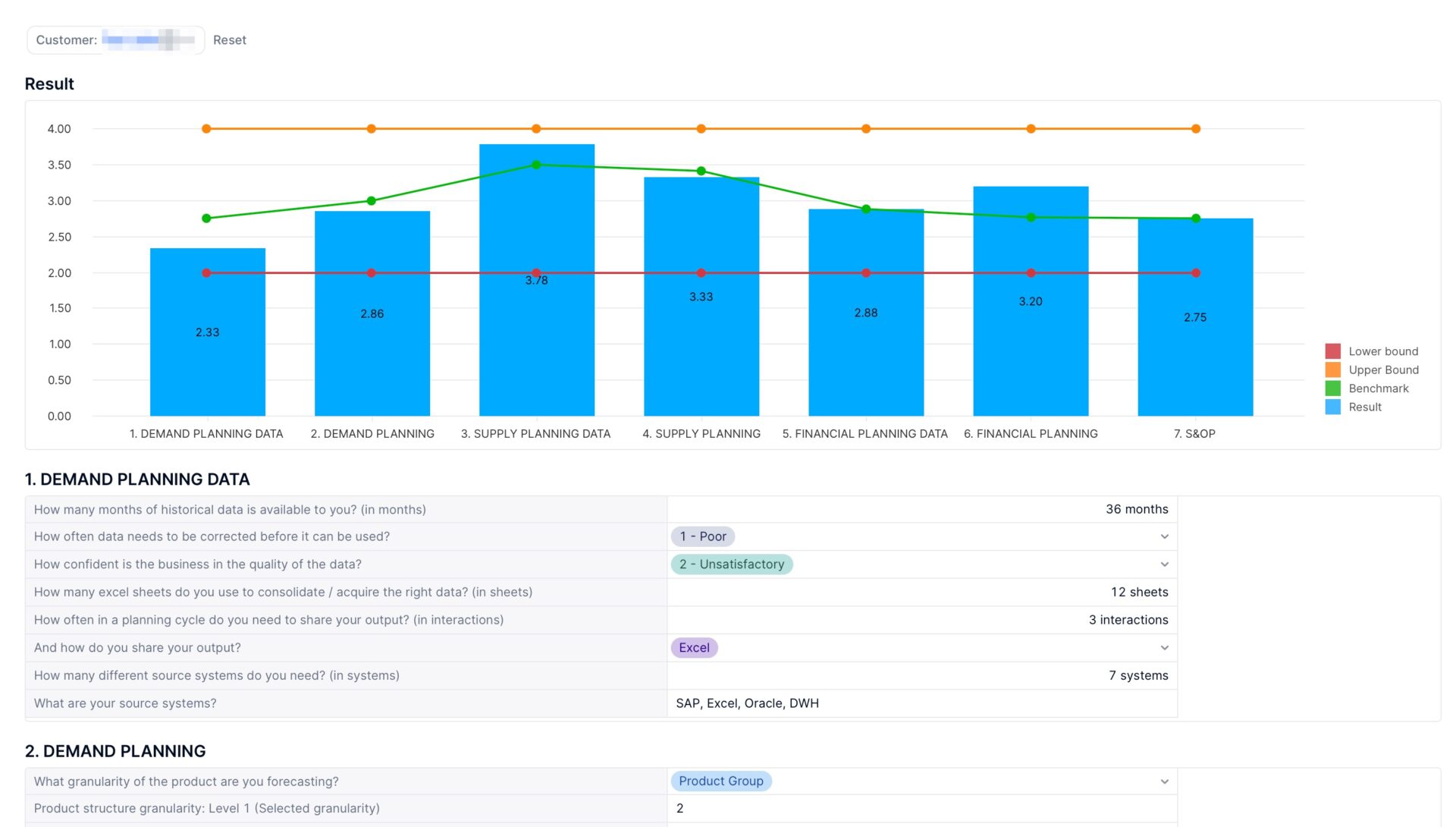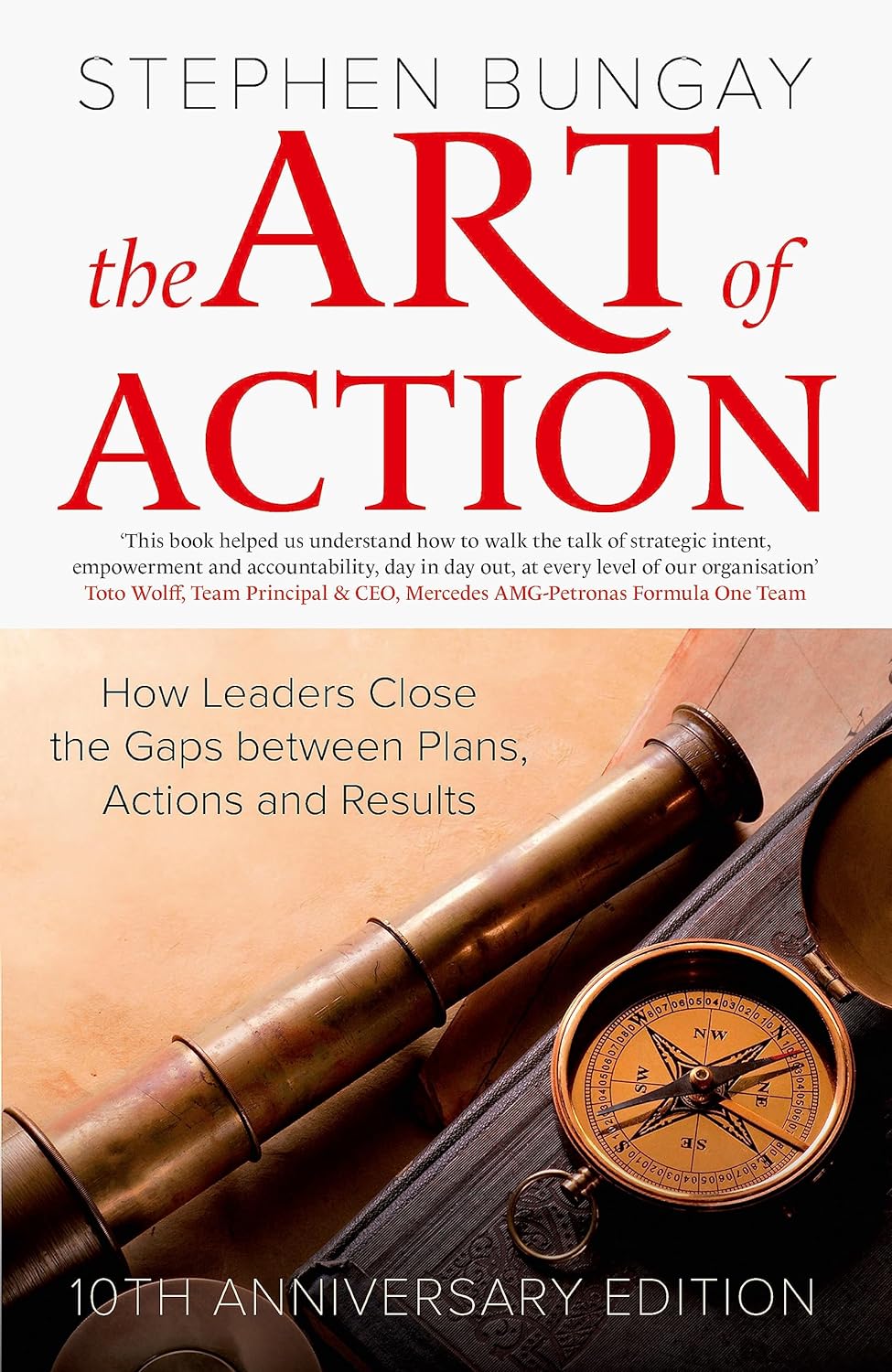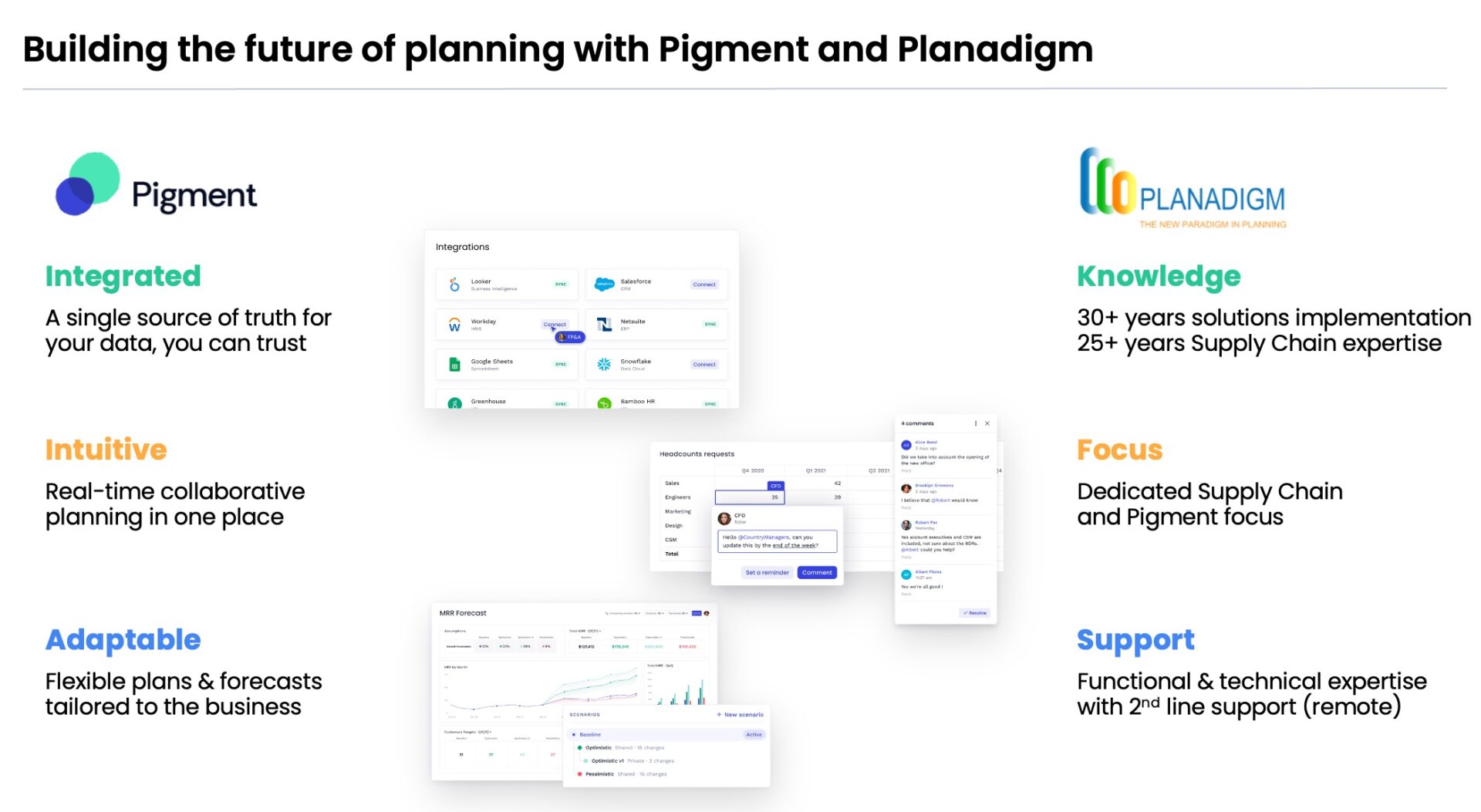How Automated Business Planning Can Save Resources
In today’s fast-paced business environment, efficient planning is crucial for success. One way to achieve this is through automated business planning. By leveraging technology and data-driven insights, businesses can streamline their processes, reduce costs, and save valuable resources. In this blog post, we will explore the key benefits of automated business planning and how it can lead to significant resource savings.
Introduction
Efficient business planning is the backbone of any successful organization. It allows businesses to make informed decisions, optimize resources, and stay competitive in the market. However, traditional manual planning processes can be time-consuming, prone to errors, and lack the agility needed to adapt to rapidly changing business dynamics.
Efficiency and Accuracy
Automated business planning brings efficiency and accuracy to the forefront. By replacing manual tasks with automated processes, businesses can streamline their planning workflows, reduce errors, optimize stock levels and ensure consistency in data. This leads to improved operational efficiency and more reliable results.
Cost Savings
Automated business planning can result in substantial cost savings. By optimising resources, businesses can reduce waste and avoid overstocking. Additionally, automated planning tools enable businesses to identify cost-saving opportunities, such as optimising production schedules and minimising transportation costs.
Time Savings
Time is a valuable resource, and automated business planning can help businesses save precious hours. By automating repetitive and time-consuming tasks, planners can focus on more strategic activities that require human expertise. This allows for better decision-making and improves overall productivity.
Improved Decision Making
Automated planning provides decision-makers with real-time insights and accurate forecasts. By analysing vast amounts of data efficiently, businesses can make informed decisions based on current market trends and customer demands. This leads to better resource allocation, improved customer satisfaction, and a competitive edge in the market.
Increased Forecast Accuracy
Accurate forecasting is essential for effective planning. Automated business planning tools leverage advanced algorithms and machine learning techniques to analyse historical data, identify patterns, and generate accurate forecasts. This results in more reliable predictions and helps businesses make proactive decisions to meet demand and avoid supply chain disruptions.
Less Effort, Improved Output
With automated planning, businesses can achieve more with less effort. By automating routine tasks, planners can focus on value-added activities that require human judgment and creativity. This leads to improved output quality and allows businesses to allocate resources effectively and efficiently.
Pigment
One example of an automated business planning tool is Pigment. Pigment combines advanced analytics, artificial intelligence, and intuitive interfaces to help businesses optimize their planning processes. With features like demand forecasting, inventory optimisation, and scenario planning, Pigment empowers businesses to make data-driven decisions and achieve significant resource savings.
Conclusion
Automated business planning offers numerous benefits for businesses of all sizes, particularly in terms of resource savings. By improving efficiency, reducing costs, saving time, and enabling better decision-making, businesses can optimize their operations and stay ahead of the competition. Embracing automated planning tools like Pigment can pave the way for a more streamlined and successful future.
So, why continue to rely on manual planning processes when automated business planning can save you valuable resources? Take the leap, embrace automation, and drive your business towards a more efficient and cost-effective future.
Interested how automated business planning can benefit your organisation? Please reach out to me at jan.veerman@planadigm.com.




